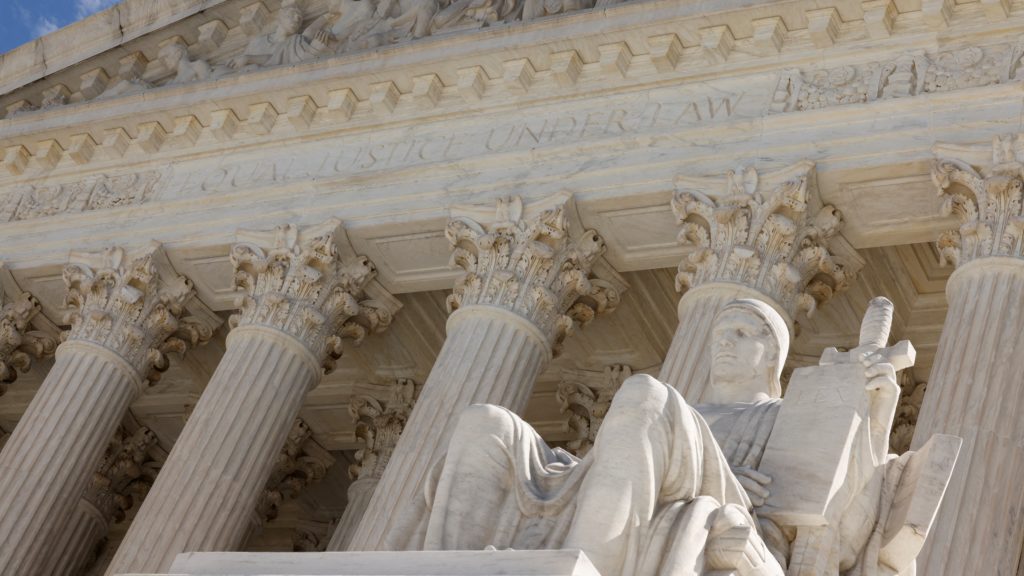The Supreme Court June 26 ruled in favor of the Biden administration in a dispute with Republican-led states over the government's effort to restrict misinformation on social media on topics including COVID-19.
The government argued it should be able to communicate with social media companies about matters including discrimination, national security and public health. Louisiana, Missouri and other parties sued the Biden administration, arguing that they improperly pressured social media companies to restrict posts containing misinformation about COVID-19 and its corresponding vaccines, among other topics.
But in a 6-3 decision, with Justice Amy Coney Barrett writing for the majority, the court found that plaintiffs did not have standing to sue, in part because they had failed to adequately demonstrate that the content moderation they alleged was a result of government actions.
"We begin -- and end -- with standing," Barrett wrote. "At this stage, neither the individual nor the state plaintiffs have established standing to seek an injunction against any defendant. We therefore lack jurisdiction to reach the merits of the dispute."
Barrett argued that while "the plaintiffs emphasize that hearing unfettered speech on social media is critical to their work as scientists, pundits, and activists," they failed to "point to any specific instance of content moderation that caused them identifiable harm."
The social media platforms in question, Barrett further argued, "moderated similar content long before any of the Government defendants engaged in the challenged conduct."
"In fact, the platforms, acting independently, had strengthened their pre-existing content-moderation policies before the Government defendants got involved," she wrote. "For instance, Facebook announced an expansion of its COVID–19 misinformation policies in early February 2021, before White House officials began communicating with the platform."
Justices Samuel Alito, Neil Gorsuch and Clarence Thomas dissented. In his dissent, Alito wrote, "I assume that a fair portion of what social media users had to say about COVID–19 and the pandemic was of little lasting value. Some was undoubtedly untrue or misleading, and some may have been downright dangerous. But we now know that valuable speech was also suppressed."
"For months, high-ranking Government officials placed unrelenting pressure on Facebook to suppress Americans' free speech. Because the Court unjustifiably refuses to address this serious threat to the First Amendment, I respectfully dissent," he added.

